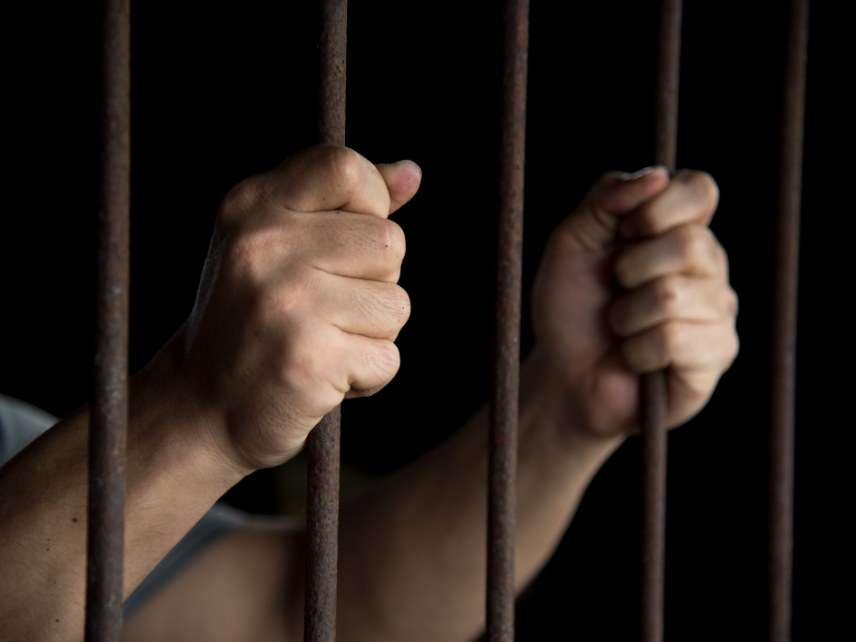ACLU Sues Philadelphia Over Cash Bail Demands That Keep Poor Defendants in Jail
Magistrates are supposed to consider the financial concerns of people who come before them. Instead they're tossing them behind bars.

The American Civil Liberties Union (ACLU) is suing Philadelphia's court system to try to get judges to stop demanding cash bail from defendants without any consideration of whether they can pay, perpetuating an environment where people are stuck in jail because they're poor, not because they're dangerous.
The ACLU announced the lawsuit this morning, on behalf of a community bail fund in the city, an organization that serves young people charged with crimes and awaiting trial, and several defendants who were stuck in pretrial detention because they couldn't afford cash bail.
The lawsuit charges magistrates of Philadelphia's court system of being deliberately indifferent to the poverty of defendants, ignoring when they're told that people who come before them cannot afford to pay bail. The ACLU observed more than 2,000 bail hearings and found that judges frequently spent less than three minutes on each defendant, not asking any questions, and simply demanding defendants pay hundreds or even thousands of dollars if they want to be free. Don't have the money? The magistrates simply didn't care.
That's not how these pretrial determinations are supposed to work, according to the court's own Rules of Criminal Procedure, claims the ACLU lawsuit. The purpose of bail is to make sure that the defendant returns to court, and Pennsylvania's pretrial determinations are supposed to favor release. There's a whole set of factors magistrates are supposed to consider when setting bail or conditions for release, and the ACLU says this isn't happening.
This has been a typical, chronic problem that has been highlighted across the country in various pushes to reform or eliminate demands for cash bail. Bail is not actually being used to guarantee that people return to court and behave while they're free. Instead, it's being thoughtlessly, mechanically applied across the board in such a way that poor people end up stuck behind bars, even when there is no evidence (or even analysis) that they are likely to skip court or commit crimes while freed.
In a statement, Sally Pei of the law firm Arnold & Porter (partners with the ACLU in the lawsuit) noted the unfairness of the way the magistrates have been applying bail demands. "Our clients are not given even the rudiments of a fair hearing," she said. "The court imposes bail they cannot afford in three minutes or less. Our clients are not given a chance to speak and often cannot hear the proceedings at all. The court routinely requires bail they cannot meet, without considering any alternatives to monetary bail. We have seen arraignment magistrates impose bail on people who are receiving food stamps."
It's also worth noting that data coming from Philadelphia actually questions whether cash bail even serves its role in making sure people show up for court and keep clean. Larry Krasner, Philadelphia's district attorney, decided last year to stop demanding cash bail for many low level crimes, resulting in an increase in the number of defendants who were freed on their own recognizance. Data collected over the course of a year shows that the courts in Philadelphia did not see an increase in no-shows, and these freed defendants did not go running out to commit new crimes in higher rates than before. In fact, the city is seeing new highs in rates of court appearances.
The class action lawsuit, filed in the Supreme Court of Pennsylvania, Eastern District, calls for the state to order these magistrates to conduct actual pretrial arraignments as the rules describe and actually consider the financial situations of defendants when assigning bail, not just essentially order them detained because they cannot afford to pay.
Read the lawsuit here.

Show Comments (7)